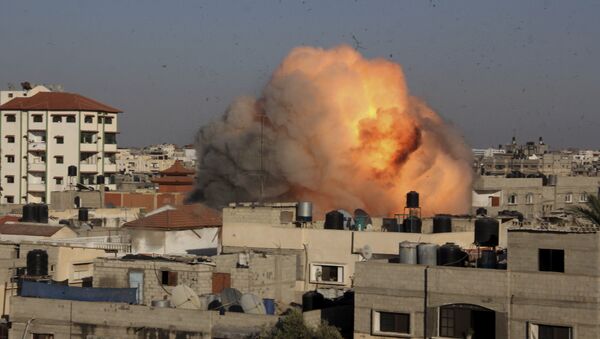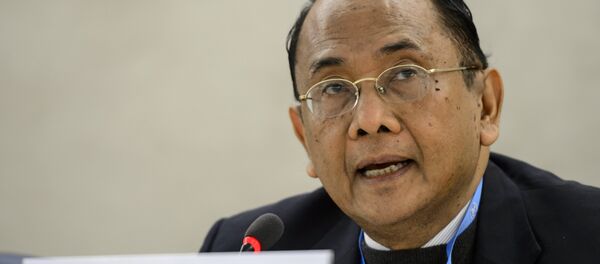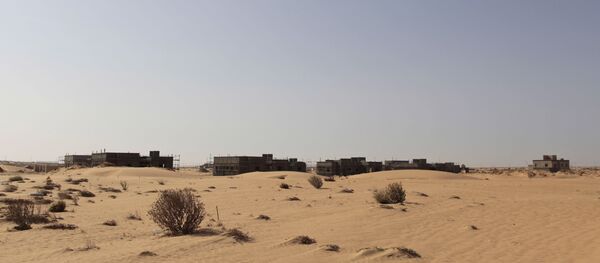In 2014, Israeli attacks on the Gaza Strip killed over 2,200 Palestinians and destroyed or damaged more than 170,000 homes, according to UN figures. Following a ceasefire, the United Nations Special Coordinator for the Middle East Peace Process (UNSCO) helped negotiate the Gaza Reconstruction Mechanism (GRM).
Agreed to by UNSCO, the Israeli government, and the Palestinian Authority, the GRM ostensibly lays the groundwork for rebuilding infrastructure in Gaza.
But according to secret legal documents obtained by The Electronic Intifada, one of the world’s leading experts on UN law has expressed concern that the GRM is unfairly weighted in Israel’s favor, and may even prove dangerous for Palestinian civilians.
"The UN, by becoming party to the GRM, is itself contributing to the maintenance of the blockade and, therefore, is committing as well as aiding and assisting violations of international law," Nigel White, co-director of the University of Nottingham’s International Law and Security Centre, writes in a legal opinion commissioned by the Diakonia International Humanitarian Law Resource Center.
"If the UN persists in aiding and assisting the implementation of the GRM it will be jointly (with the Government of Israel) responsible for the injuries and losses caused to the people of Gaza."
White points out that the mechanism is written in such a way that it heavily favors the Israeli government, allowing it to dictate the purchase and transport of building supplies.
"As a treaty or, indeed, as an international agreement subject to international law, the GRM is an unbalanced exchange of 'rights' and 'duties,' with the PA and the UN having a number of duties, while the Government of Israel has a number of very wide rights and very few obligations," the brief reads.
Given that there is a strong "connection between the GRM and actual and potential violations of core human rights" White suggests that the UN is thereby "implicated in any wrongful acts."
The terms of the GRM also includes a database with personal details of Palestinians living in Gaza. White argues that this violates the "right to life," as it offers "potential misuse of the database by the Government of Israel for the identification of targets."
Despite these concerns, all three parties involved in the negotiations have left the actual text of the mechanism confidential.
UNSCO has defended its role, telling The Electronic Intifada that, "the GRM is a temporary arrangement. It is not and can never be considered as a substitute for the lifting of closures on Gaza."
The UN also defended its own refusal to publish the details of the mechanism, stressing that "we are not in a position to disclose the text unilaterally without the consent of both the Government of Israel and the Palestinian Authority."





